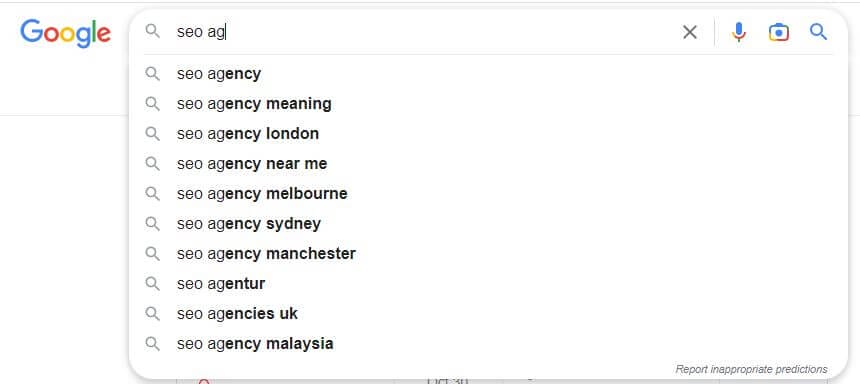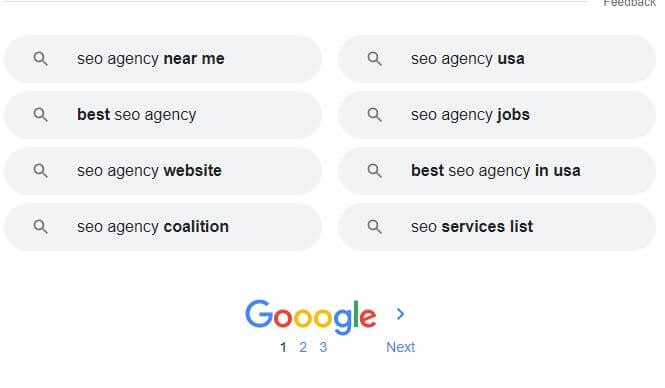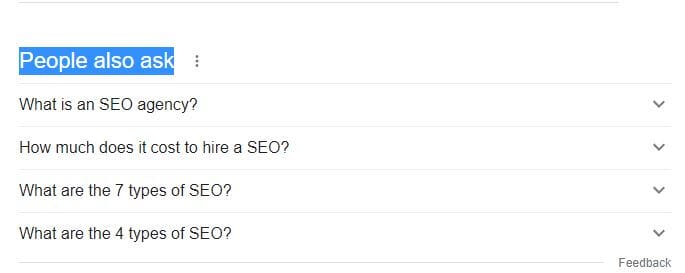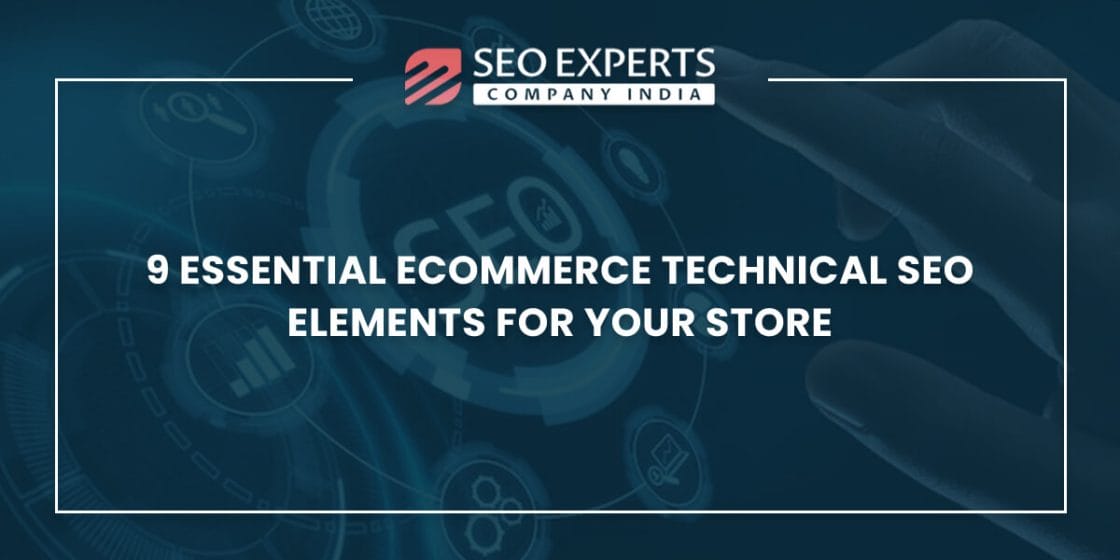Have you ever wondered how Google provides a result for an entered word or combination of words with such accuracy? It understands the words you enter in the search box. It appears simple: someone types in “buy a car near me,” and the person sees results for car dealers near me. And when you type in “Apple,” instead of showing apple vendors, it shows the pages related to “Apple” company products and services.
How does Google understand the user is not looking for the fruit word “apple” but the company name “Apple”? Because the Google algorithm can understand the context and relevance of the keywords.
Experts suspect that Google comprehends web pages with the help of LSI (latent semantic indexing) technologies, AI (artificial intelligence), ML (machine learning), and NLP (natural language processing).
In this post, we will concentrate on LSI keywords, one of the more confusing terms in SEO, and how, in essence, it is a beneficial term for anyone writing content for search engines.
Having an understanding of LSI can help you create better content for your web pages that will have a better chance of getting ranked higher in organic search results.
What are LSI Keywords and Their Examples?
In layman’s terms, LSI keywords are words related to your entered search keywords or phrases and can help you get more visibility before Google bots. For example. If you are writing about “ Sports shoes with flexible soles,” you might use words like
“footwear with a softer and flexible base”
or “running shoes that make you comfortable.”
To make your post more explanatory and richer, you may use some phrases and words like:
“most comfortable shoes for standing all day”
“best running shoes for wide feet,”
and “best running shoes for flat feet”
All these terms explain the same topic but expand the boundary of your content in terms of explanation via different words and phrases.
Moreover, if used intelligently, it will help make shared information deeper and improve the quality of writing. Moreover, these will help the Google crawlers understand the context of the page, and you will have a high chance of getting your page ranked.
Please note that LSI doesn’t necessarily mean the use of synonyms. The key thing to understand is that LSI keywords and phrases have to be related to the main keywords, your topic, be similar in context, and convey the same or similar idea you are explaining to your audience in your content.
For instance, if you’re writing a post about “iPhone,” you can use terms like “Apple smartphone,” “Apple phone,” “iPhone 13,” “iPhone 14,” and so on.
Or
Assume you’re writing a piece for your blog about a “law firm.” Here, you can use related words to highlight your piece more effectively.
For instance, you may use word phrases such as “law agency,“ “attorney agency,” “ law company,” and so on. Imagine writing the word “law firm” 30 to 40 times in a blog post of 1500 words; that will not look good.
What is Latent Semantic Indexing?
LSI is based on technology that dates back to the 1980s. By using this technology, a computer program analyzes documents or a combination of documents to find insight into the topics mentioned in them. It analyzes the statistically significant co-occurrences of words that appear together in them.
Using LSI, the computer tries to solve two problems (among several), synonymy and polysemy in language.
You don’t need to go deep into latent semantic indexing. But do understand that such technology helps computers understand written documents better from a context and meaning perspective. The synonymous and related words are key parts of it.
Take the example of the word “Arsenal.” When you enter the word in the Google search, the results display pages related to “Arsenal football club,” not the meaning of the words.
However, if you type “Arsenal Meaning,” the search engine generates results related to dictionary pages.
It is not hard to see that Google’s algorithm is exceptionally intelligent and understands what people are typing in. However, do LSI keywords affect Google’s algorithm, and what is the official take of Google on LSI? Let’s discuss this.
LSI Keywords: What Does Google Think?
Google has yet to take a formal stance on using LSI keywords and phrases. However, in response to one online query, John Mueller (who coordinates Google’s search relations effort) tweeted on July 31st, “There’s no such thing as LSI keywords — anyone telling you otherwise is mistaken, sorry.”
 What Are the Advantages of LSI Keywords for SEO?
What Are the Advantages of LSI Keywords for SEO?
It is well known that Google has yet to officially recognize and accept LSI as a technology it employs or doesn’t use at all. But you will find many SEO professionals highlighting the importance of LSI and how it has benefited them.
So, don’t be confused: they benefited from how they used related words and phrases to the topic they wrote, not from LSI. Whether Google uses LSI or not doesn’t matter. The more important question is whether the concept related to it can help your writing and make your content richer and more engaging, and the answer is yes, but it must be used wisely.
You simply cannot use LSI words and phrases everywhere and in excess. You need to find the words and key phrases related to your topic that can benefit your content. You need to think, analyze, and perform online tasks to discover the LSI keywords that can improve your content. But what are these methods and activities that will help you find the related keywords that help you produce high-quality content for SEO? Let’s learn!
How Do You Find LSI Keywords to Make Your Content Better for SEO and Readers?
There are many methods to find the keywords that will support your primary and secondary keywords in your content, and they are explained ahead:
Google Auto-Suggest
As you start typing into the Google search box (for example, “SEO agency”), you will find many autosuggest options below the “typed words.” These are generally related phrases that people search for on Google. You can list those and analyze which are excellent and suitable for your content.
Suggestive Search Phrases at the Bottom of the SERPs
Once you have entered the search keyword, you can scroll down to the bottom, where you will find many related search phrases. If you find them appropriate, you can include them in your content because they are good indicators of what people search for on Google related to your topic. Look at the following image to get a better understanding;
Check the “People Also Ask” Section On Search Result Page
Enter your search keyword, then scroll down under “Ad Results” and a couple of “Organic Search Results” to see the “People Also Ask” section. Look over these questions, note them, and use them in your content if they fit.
Google Keyword Planner
When you search for a phrase in “Google Keyword Planner,” you will see a section that says, “Broaden your search.” It shows some related keywords to expand the reach of your search. Generally, these keywords can help you find more related words for your content.
Take a glance at this image where, for the keyword phrase “SEO agency,” Google gives suggestions for some associated keywords such as “web marketing firm,” “digital marketing agency,” “SEO providers,” and so on. These are related words, and you can benefit from these keyword phrases.
Use Online Tools
Numerous keyword planners, including Ahrefs, Moz, and some free tools like “Answer the Public,” display related keyphrases that internet users are looking for.
The following screenshot displays the “SEO Agency” result on the “Ask The Public” website. Again, the related phrases can benefit your content.
Things to Keep in Mind When Using LSI or Related Keyword Phrases
While you are in the process of deciding on using some particular keywords or phrases, or you have already picked the keywords or phrases, you need to keep a few things in mind:
- Don’t choose too many LSI keywords; they can make your content look stuffed with keywords.
- Use only 3 to 4 LSI keywords for one topic.
- Place the chosen keywords and phrases in the heading or sub-heading or at 2 to 3 places in the content. (In 1000 words, it is not a hardcore rule, just for guidance )
- Use them naturally in the text body, so it doesn’t appear they have been shoved into the content.
- Don’t lose focus on your main keyword; remember that using the LSI keyword supplements the content and main keywords. They are not supposed to replace the content’s main idea or keywords.
- Most importantly, Google wants websites to produce helpful content. You should use LSI keywords appropriately and create helpful and actionable content. They shouldn’t be the reason your content’s flow and quality go down
- Remember that the intent of helpfulness, the flow, and the overall quality of the content are the most critical parts of your writing, not the stuffing of keywords.
Although LSI keywords are significant, it’s important to use them wisely, sensibly, and strategically. For this reason alone, professional SEO agencies and content writers are necessary. Get in touch with our experts, who are available by phone, email, or message for the best SEO and content writing services.
Conclusion
The use and importance of LSI keywords have been a hot topic in the SEO world and communities for many years. It is unclear whether Google employs LSI as a become technology when deciphering entered searches and comprehending web pages. But using related keywords in the content can make it richer in quality and better for search engine algorithms.
In this post, we have also discussed how to discover LSI, or related keywords and phrases, and the caution you need to practice using them. We have discussed how it is a specialized field where you need professionals and experts.
Frequently Asked Questions
Question 1. What are LSI Keywords in Digital Keywords?
LSI (latent semantic indexing) keywords are semantically related words and phrases that assist computers in understanding the meaning of documents, the context of written sentences, and their relationship to one another. Consider the scenario where you are writing about the well-known and loved English Premier League team, “Manchester United.”
As long as you type only “Manchester,” computers cannot determine if you are talking about the city or a football club. But once you enter the words “Manchester United,” it can figure out you are talking about the club. You may use correlated words and sentence phrases such as “football club,” “soccer club,” “soccer club in Manchester,“ and other related phrases. These help computers understand the context of sentences and words and their relationships to each other.
Question 2. Do Google’s SERPs (search result pages) Show the LSI Keywords or Related Key Phrases?
Answer. There are 3 places where you can look for them:
- “Auto-suggest search results” in the search box where you start typing any keyword in Google.
- In the “People Also Ask” Section.
- At the bottom of search result pages,
Question 3: How Do I Use LSI Keywords in the Content?
Answer: Once you’ve chosen the LSI keywords for your content, you should naturally place each LSI keyword phrase three to four times (if the content is 1000 words). Try to put them in subheadings and conclusions. Don’t overuse them.
Question-4: Is There a Free Third-Party Platform that can Increase the List of LSI-Correlated Key Phrases?
Answer: Apart from Google’s Keyword Planner, you should use “Ask The People“ to expand your list of related keyphrases and words.
Question 5: Are LSI Keywords a Ranking Factor?
Answer: According to Google, they are not. But they are certainly a factor in making your content more prosperous and better for search engines.

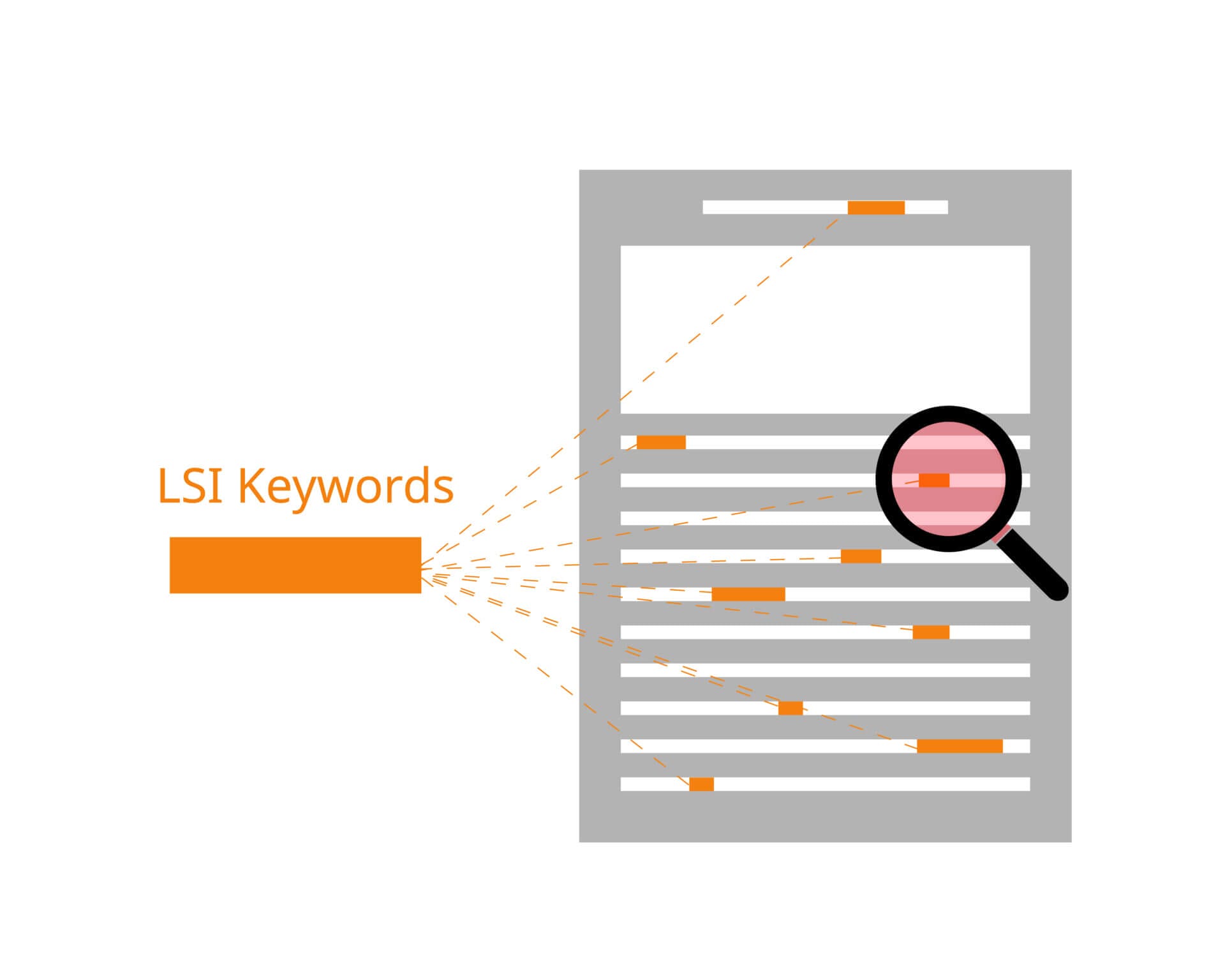
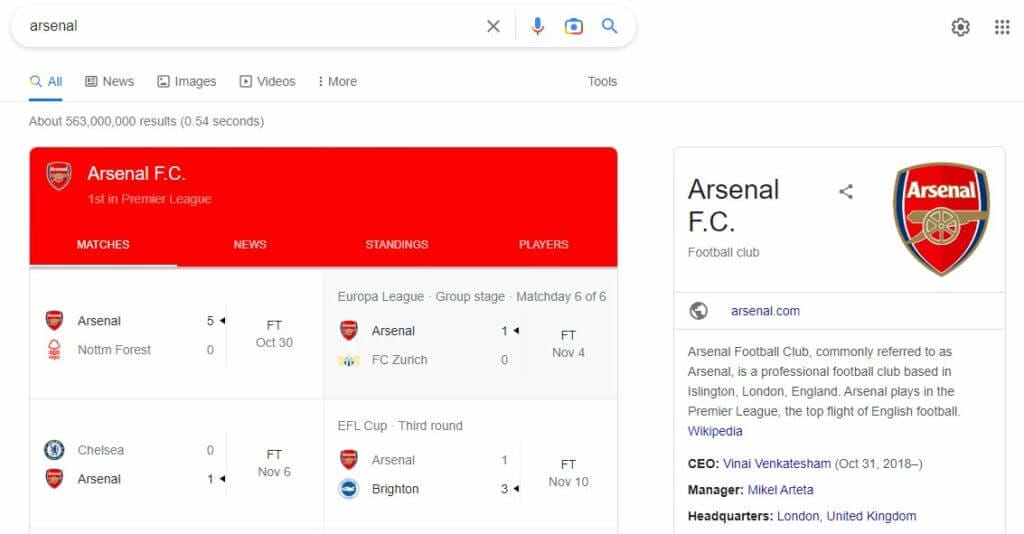
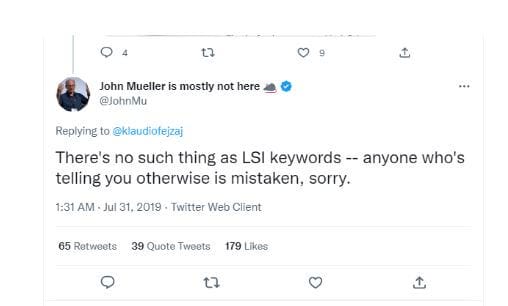 What Are the Advantages of LSI Keywords for SEO?
What Are the Advantages of LSI Keywords for SEO?